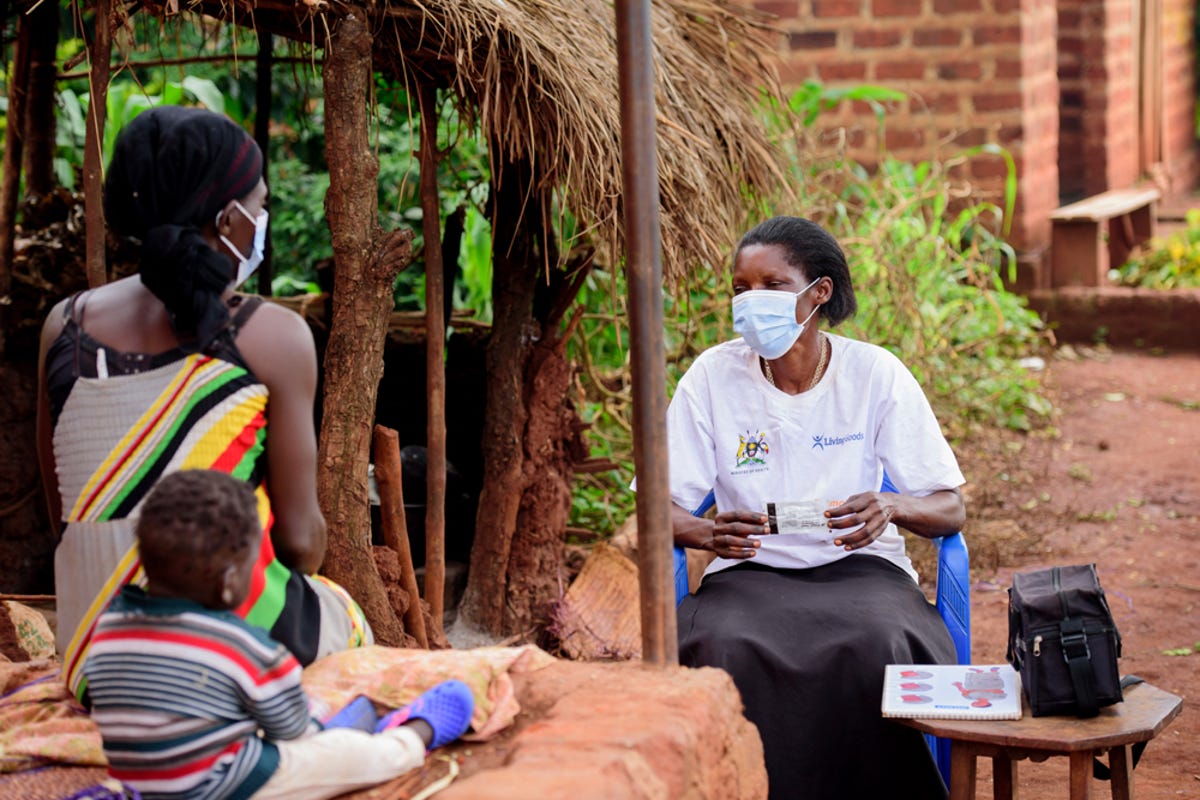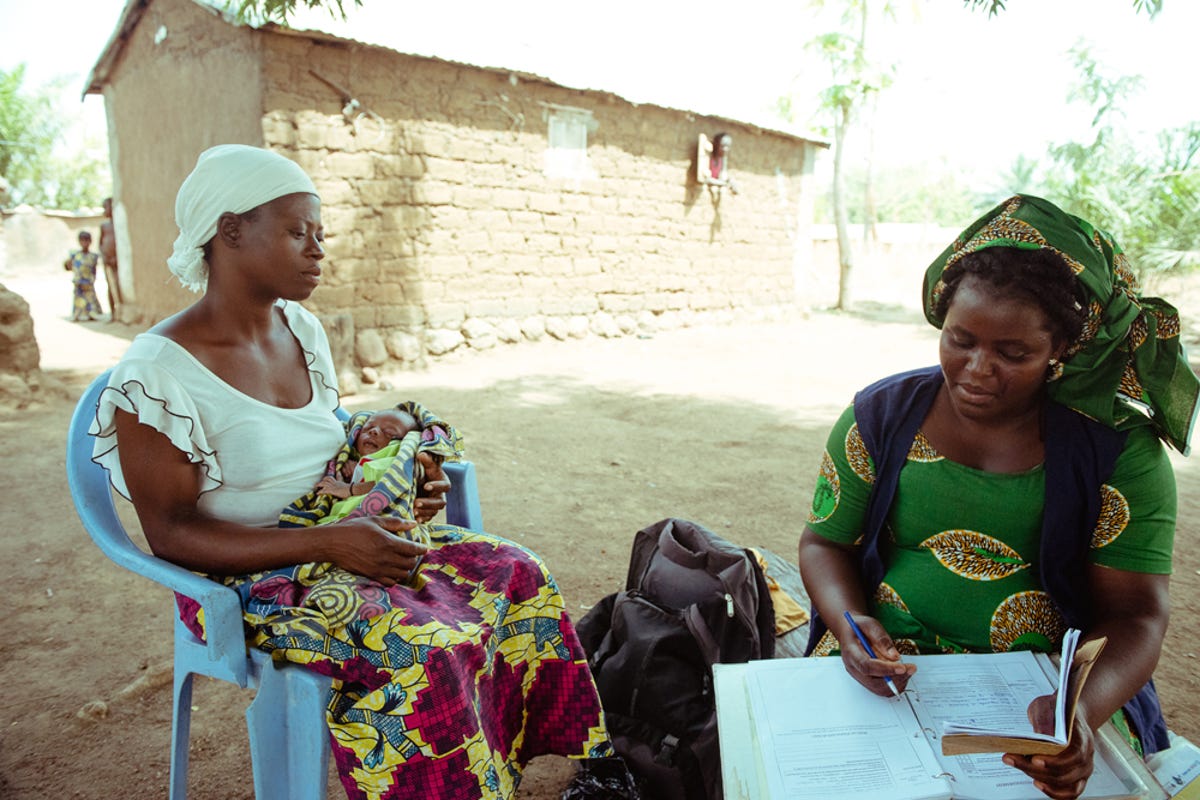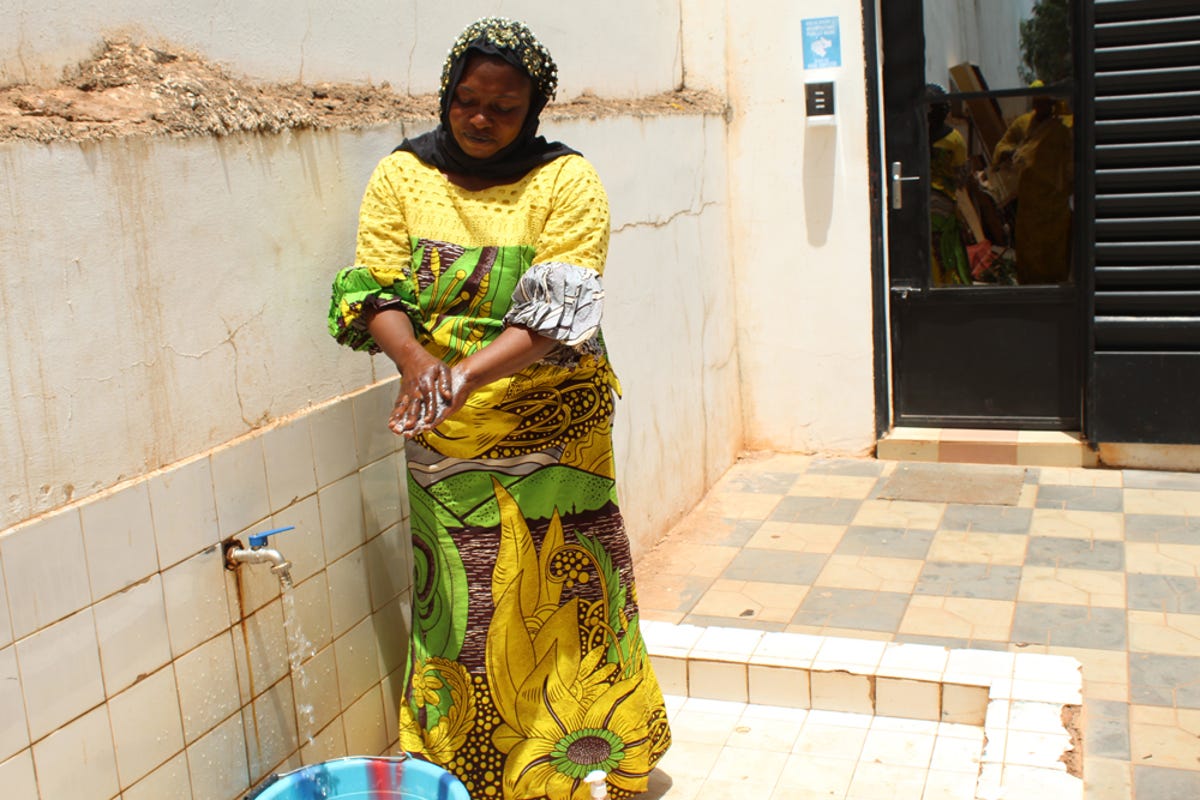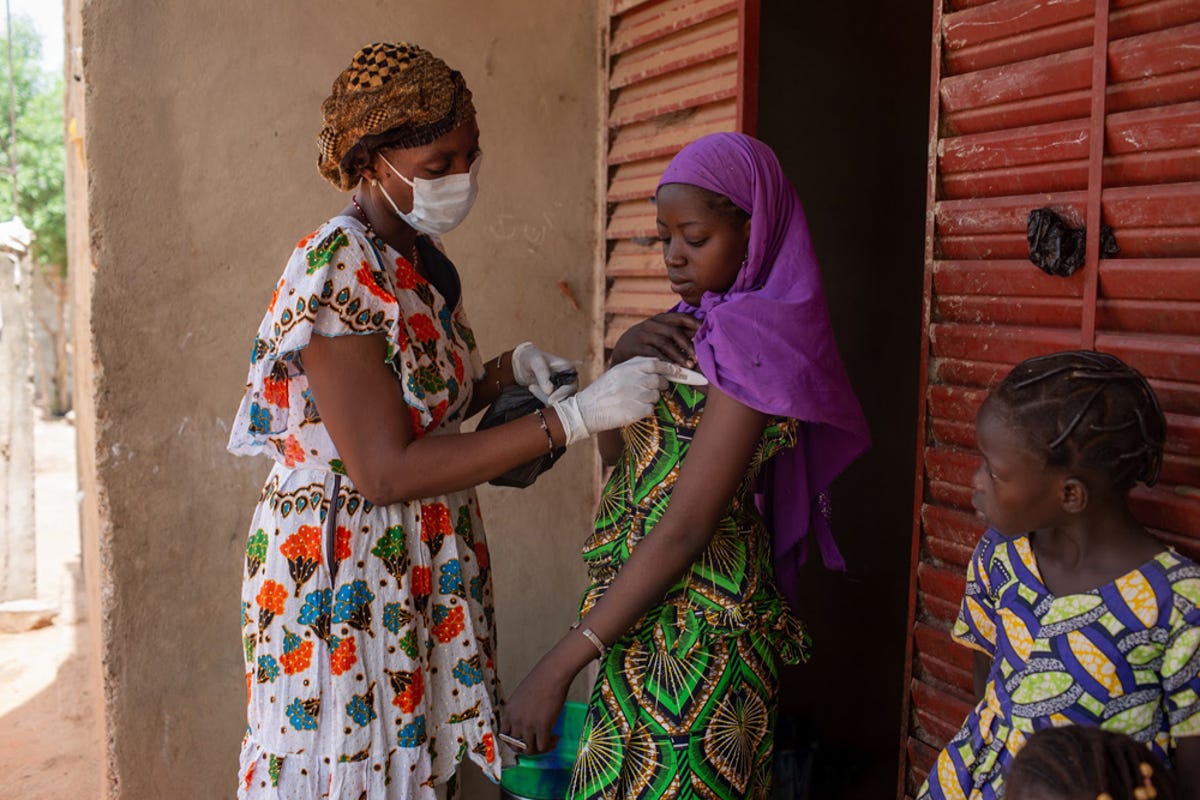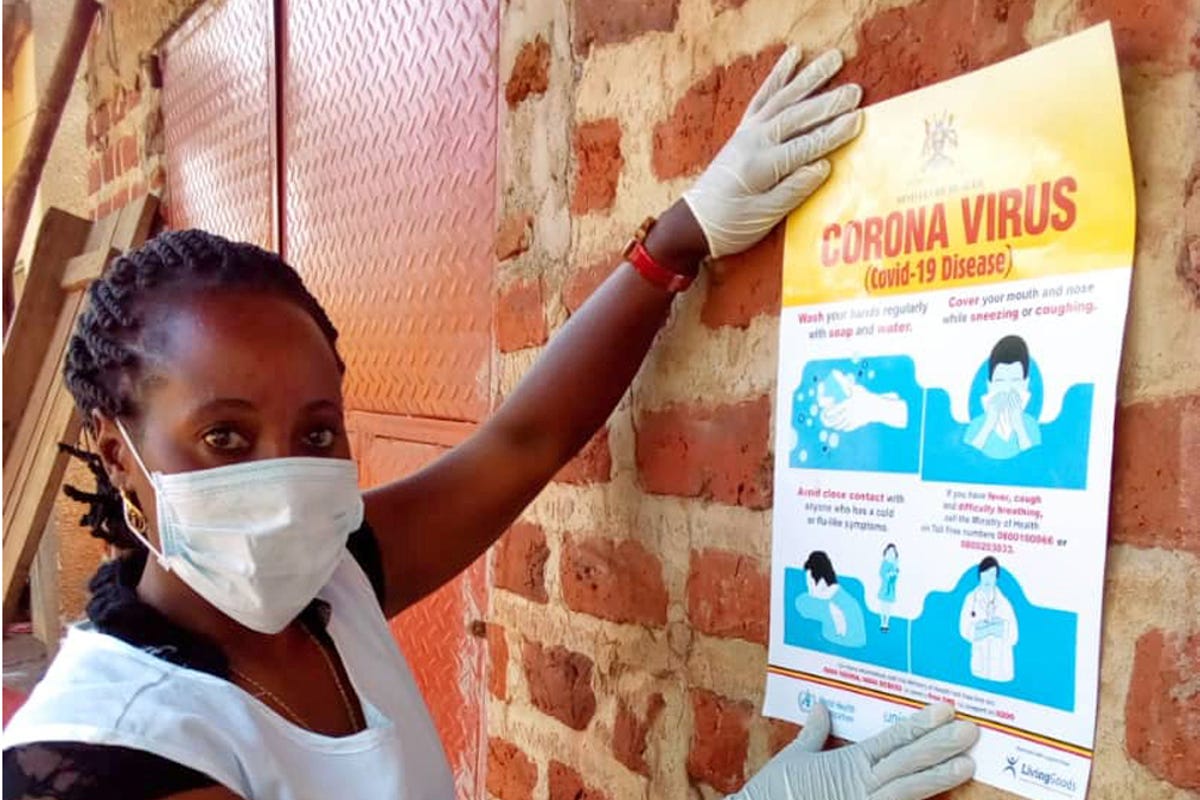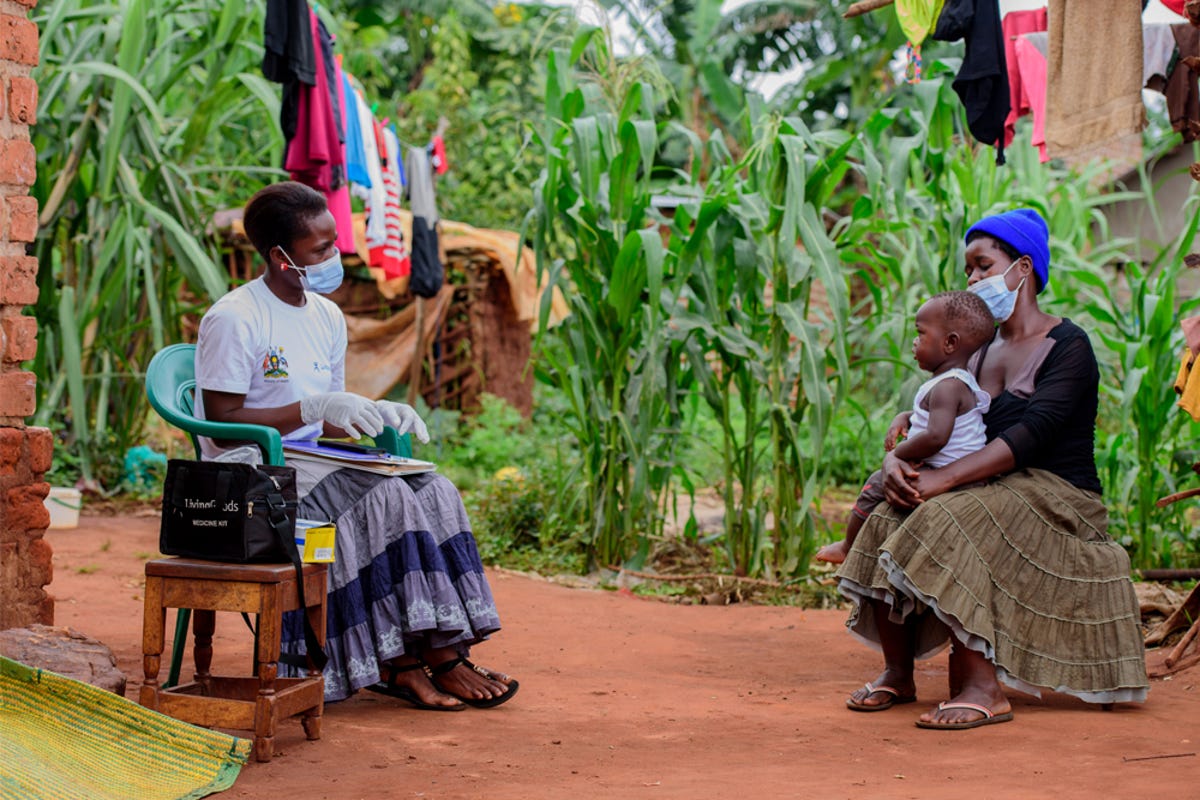The frontliners
Though it’s difficult to project what trajectory the outbreak is likely to follow the effective deployment of community health workers could really be a game changer, backed up by Africa’s invaluable know-how from fighting past epidemics.
© MUSO
In Mali “not a single district hospital whatsoever has oxygen available for hospitalised patients” explained Ari Johnson, CEO of Muso, a frontline organisation addressing primary health care needs in the country. There is one hospital bed for every 10,000 people compared to 5.6 for 1,000 in Europe. So COVID-19 could quickly become a major catastrophe.
It is clear that in many countries on the African continent, hospitals alone are not the answer to this unprecedented crisis, though it’s difficult to project what trajectory the outbreak is likely to follow. Prevention clearly seems the best defence.
Over the past couple of years, Cartier Philanthropy has supported Living Goods, Integrate Health and Muso, who assist the governments of Kenya, Togo and Mali to provide quality primary health services. Their interventions are led by community health workers. These “last-mile” health workers deliver vital health services within their communities, where health services are often inaccessible, and make a massive contribution to preventing, monitoring and responding to long-term infectious diseases such as malaria, tuberculosis and cholera.
Within the current context, they can provide the most appropriate support, leveraging their experience and lessons learned from the 2014 Ebola epidemic in West Africa. These community-rooted frontline health workers act as a fundamental “public health reserve”.
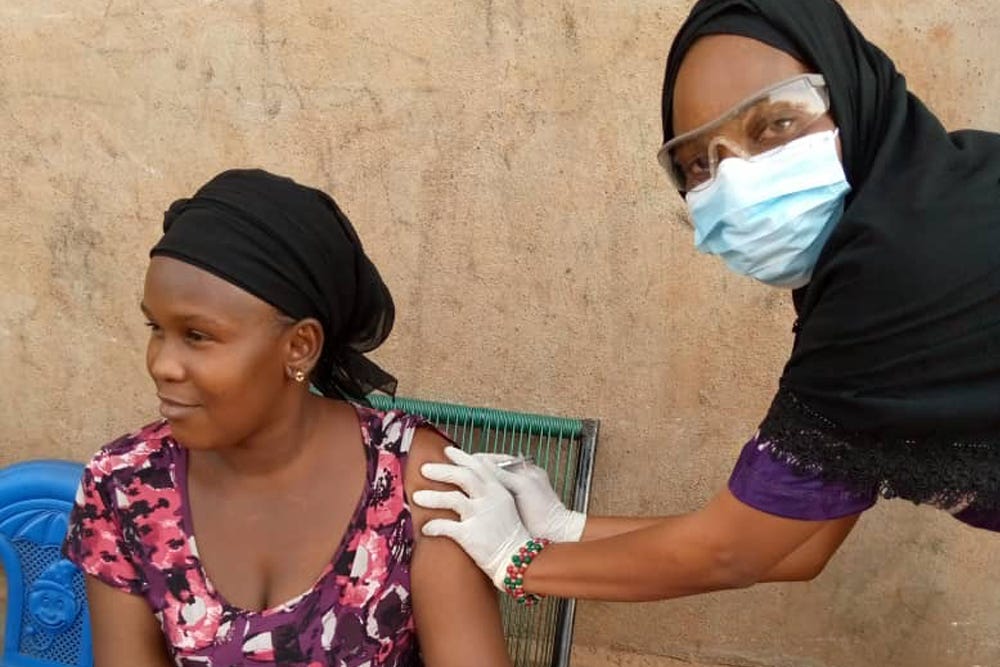
© MUSO
Their incredible work can be summed up in three key words:
Protect - All three organisations are ensuring that the healthcare workers and the nurses, doctors and midwives they work with have the appropriate protective equipment and the supervision and protocols they need to work safely.
Care - 10,000 people died in the three hardest-hit countries in West Africa during the Ebola epidemic in 2014 – not from Ebola, but from malaria, tuberculosis and HIV/AIDS. The lesson is clear: Ensuring that community health workers continue to provide rapid essential primary care to the people they serve is a top priority.
Respond - With the support of the clinical health system, these community health workers are educating people about the signs, symptoms and transmission routes of COVID-19. They are supporting key prevention practices such as setting up hand hygiene stations within their communities and health facilities and mobilising local residents to use them. Lastly and crucially, they are already being trained to collect information on COVID-19, to spot symptoms, monitor and provide support and isolation for mild cases, as well as triage and refer acute cases and follow-up with families.
The challenges are huge and the clock is ticking. But the effective deployment of community health workers could really be a game changer, backed up by Africa’s invaluable know-how from fighting past epidemics.

